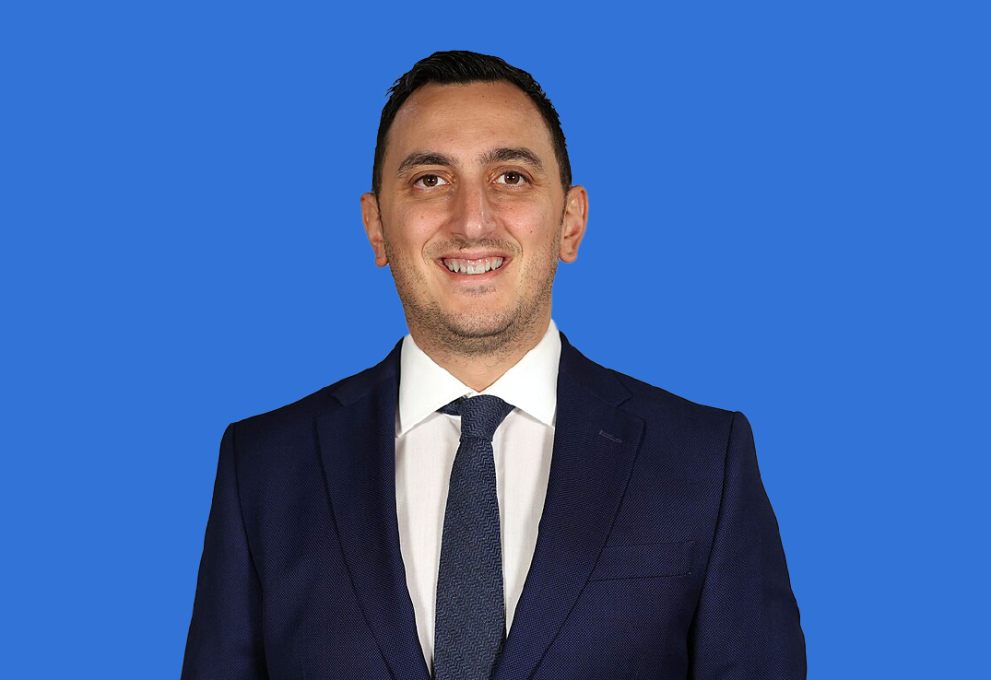Following the announcement of the new College of Commissioners by Ursula von der Leyen, on September 17, Glenn Micallef the newly appointed European Commissioner for Intergenerational Fairness, Youth, Culture, and Sport, received a letter from the President of the European Commission outlining his priorities for the next five years. According to the letter, his key priorities include developing a new strategic framework called "Culture Compass" to guide and harness the multiple dimensions of culture. He is asked to focus on improving the working conditions of workers in the cultural sector and develop an AI strategy for the cultural and creative industries to strengthen their agency and self-sufficiency.
Micallef's immediate responsibilities include organising a policy dialogue for youth within his first 100 days in office and developing a comprehensive action plan to combat cyberbullying. Micallef, who, at 35 years of age, is one of the youngest Commissioners in EU history is expected to prepare an intergenerational fairness strategy that will ensure the interests of both present and future generations are considered in EU policymaking. The letter highlights the necessity to adopt a strategic foresight approach, which does not solely reflect on climate change considerations but is particularly concerned regarding social media's impact on youth.
Micallef's Background in Malta
A member of the Labour Party and the Socialists and Democrats group in the European Parliament, he headed the European Coordination Unit in the Maltese Ministry for European Affairs and was the Prime Minister's advisor on EU affairs from 2020. As Chief of Staff to Malta's Prime Minister, Robert Abela, Micallef was instrumental in advancing cultural policies such as the Charter on the Status of the Artist and tax breaks for artists. These have been hailed as important steps in improving Malta's cultural landscape, but they have also been paradigmatic in the wider debate on the "Status of the Artist" across the EU.
Cultural practitioners in Malta have expressed optimism about Micallef's appointment, seeing it as an opportunity to bring culture to the forefront of EU policy discussions.
Toni Attard, a Maltese actor and consultant, stressed the importance of culture at the EU level in the face of rising radicalism, misinformation, climate change, and war. Adrian Debattista, Head of Strategy at the country's Arts Council, highlighted the positive implications of Micallef's appointment, signalling potential progress for culture within the EU's social agenda.
What about Creative Europe?
Experts expect Micallef to use his position to advocate for increased funding and support for cultural initiatives across Europe.
Culture Action Europe (CAE), which provided the first comprehensive analysis of the Commission's letter, sees the combination of the Intergenerational Justice and Culture portfolios as promising, as it is in line with its long-standing advocacy for the recognition of culture's transformative power to shape the future, "and is pleased to see this recognised at an institutional level." According to CAE, Micallef's mission letter is in line with the proposals made by the partners of the Cultural Deal for Europe, as well as its advocacy priorities.
However, the mission letter does not explicitly mention funding for the cultural sector, particularly for the Creative Europe programme. This is a concern for Culture Action Europe, as they advocate for Creative Europe to remain a standalone programme with increased funding. " it is concerning that Creative Europe is not explicitly mentioned in Micallef’s mission letter, while programmes like Erasmus+ and Horizon Europe are highlighted in other Commissioners’ letters," notes the analysis by the CAE.
"The structure of the new MFF, which remains speculative at this stage, raises important questions: Where will traditional programmes like Creative Europe fit in? Will they fall under the European Competitiveness Fund, national plans, or be merged or managed in some other way?" While details about the new Multiannual Financial Framework (MFF) structure have not been revealed, Culture Action Europe strongly reiterates the need for Creative Europe to remain a standalone programme that supports the unique value of the cultural sector.
The Commissioners-designate will undergo hearings in the European Parliament, which must approve the College of Commissioners as a whole. The European Council will formally appoint them by a qualified majority.
--
Image Source:
European Commission








